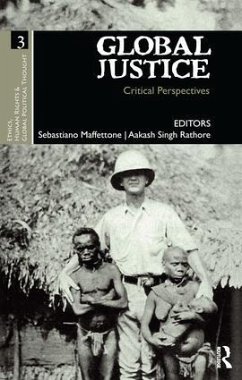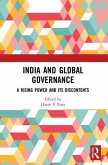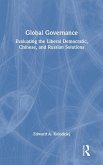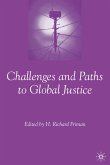The global justice debate has been raging for forty years. Not merely the terms and conditions, but, more deeply, the epistemic, existential and ethical grounds of the international relations of persons, states and institutions are being determined, debated and negotiated. Yet the debate remains essentially a parochial one, confined largely to Western intellectuals and institutional spaces. An Introduction to the field is therefore still urgently required, because it remains necessary to include more 'global' voices into this debate of worldwide reach and significance. The book addresses this need in two closely related ways. In Part I, it introduces the main contours of the debate by reproducing three of the most fundamental and influential essays that have been composed on the topic - essays by Peter Singer, Thomas Pogge and Thomas Nagel. In Part II, it makes a decisive critical intervention in the main stream of the debate through exposing the participation deficit afflicting the theorization of global justice. This part begins with a well-known essay by Amartya Sen, who famously referred to the 'parochialism' of the global justice debate in making a break with the Rawlsian paradigm that has dominated the field until now. Finally, a series of lively essays newly composed for this volume reflect on the possibilities for deparochializing global justice opened up by Sen's work in this area. The book will be useful for students of international relations, postcolonial studies, political theory, and social and political philosophy, as well as for those engaged in studies of globalization or global studies.
Hinweis: Dieser Artikel kann nur an eine deutsche Lieferadresse ausgeliefert werden.
Hinweis: Dieser Artikel kann nur an eine deutsche Lieferadresse ausgeliefert werden.








